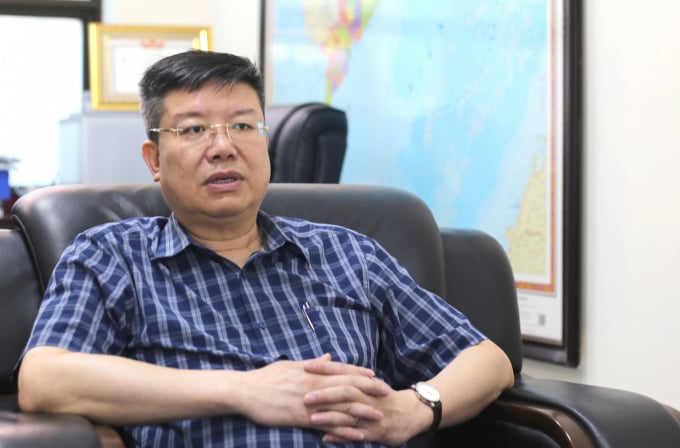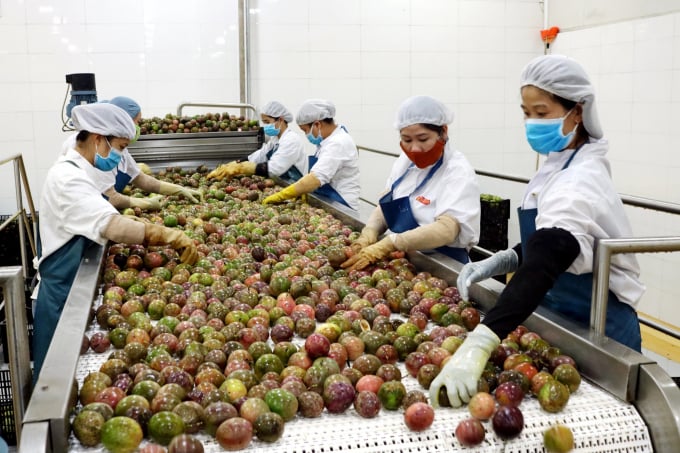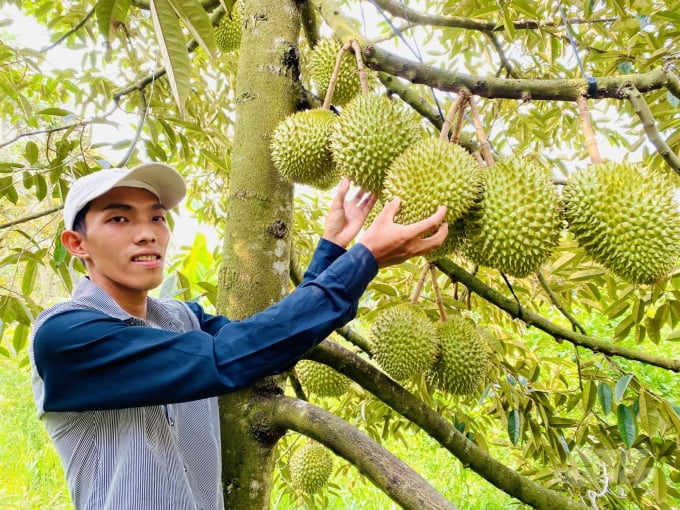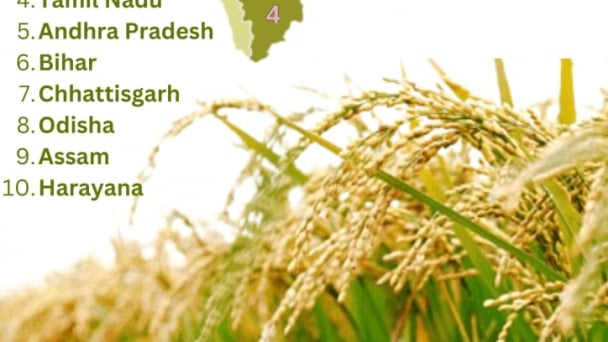June 21, 2025 | 01:17 GMT +7
June 21, 2025 | 01:17 GMT +7
Hotline: 0913.378.918
June 21, 2025 | 01:17 GMT +7
Hotline: 0913.378.918
Chinese market currently imports 50- 55 per cent of Vietnam's total exported fresh agricultural products and vegetables. As China has been tightening food safety management, managing risks related to epidemics on imported and exported goods, what can Vietnam do to minimise negative impacts?
China is a large and traditional market for Vietnam. This country is both an exporter and importer of agricultural products in the world. On average, each year China spends US$160-170 billion importing all kinds of agricultural products, food, feed ingredients for production, food processing and other supporting industries.

Le Thanh Hoa, Director of SPS Vietnam Office. Photo: Nguyen Hung.
However, recently, China has had a lot of changes in its policies as well as in the management and control system of food safety for import and export. Their regulations are getting stricter. China requires countries that export food products to the domestic market to submit a registration llist and issue codes.
As of May 17, 2022, the General Administration of Customs of China has granted 2,069 food product codes of animal and plant origin to 1,993 Vietnamese enterprises that are allowed to export to China. However, according to Chinese regulations, this is only the first stage for the registration of food exports to the Chinese market. Enterprises that have been issued with codes need to continue to complete the supplement of dossiers of each enterprise from now until June 30, 2023 according to the guidance of the General Department of Customs of China in Note 353/2021 including license business, records related to the management and supervision of product processing; records related to the control issues of food insecurity, especially the prevention of disease cross-contamination on packaging, means of transporting agricultural products and food.
China continues to maintain the "Zero Covid" policy, so it pays great attention to the COVID-19 prevention. The packaging and food products exported to China are closely monitored. This leads to a delay in the customs clearance of food products imported into China, not only from Vietnam but also from other countries, causing a congestion of cargo trucks like at the end of last year and first months of 2022.
How are you informed about cases related to the Covid-19 cross-infection on packaging and products?
In fact, in the past two years, China has had a lot of notices and warnings about cross-infection of the Covid-19 on product packaging, including a case with fresh Vietnamese fruit products exported to China. However, the quantity is not much. Normally, when detected infection, China stops customs clearance and notify us to take remedial measures. Batches of dragon fruit and recently bananas have been found to have COVID-19 on the packaging.
The Department of Agro-Forestry-Fisheries Quality Management has disseminated all FAO regulations to agro-forestry-fishery processing enterprises to ensure how to ensure good practices in isolation to avoid Covid cross-infection on product packaging as well as containers containing goods exported to China.
How do Vietnam and China coordinate to assess risks and control food safety for imported and exported goods?
For all food products, the risk assessment will be carried out by the Import and Export Food Safety Bureau (General Administration of Customs of China). China has a lot of big trading partners and a lot of different product lines, while resources are limited. Therefore, the risk assessment of food products is difficult, and delays are inevitable.
However, it should be noted that China has a lot of incentives for Vietnamese food and vegetable products. Recently, we have nine kinds of fruit officially exported to the Chinese market, in the near future, other fruits like durian, sweet potato, passion fruit will be soon qualified.

China has agreed to pilot the export of passion fruit through border gates in Guangxi province.
According to the announcement from the Vietnamese Embassy in Beijing on November 26, 2021, China agreed to pilot the export of passion fruit through border gates in Guangxi province. Therefore, businesses and localities need to pay attention and coordinate well with the Plant Protection Department to meet the requirements of the Chinese side, especially conditions such as planting area codes, conditions of the packing establishment, the conditions for enterprise registration. We must be well prepared for this.
As far as I know, there is currently no Vietnamese passion fruit exporter having registered or implemented activities related to the requirements from the Chinese market. What are the reasons?
A reason is that the Ministry of Agriculture and Rural Development has just received information from the Vietnamese Embassy in China. In addition, in recent years, the production of passion fruit has faced many difficulties due to disease and crop failure.
Now, if we want to have good product quality, we need to build planting areas as well as take appropriate measures to control disease problems. Especially, it is necessary to build areas of good raw materials and good products. Otherwise, no matter how we promote trade, how open the market is, in the end, there will be no qualified goods for sale.
We still talk about building a brand, but the brand must always go hand in hand with quality and ensure the supply of products to the market. And if we have quality but do not guarantee the supply at the times when the market needs, it will create a disruption in supply and demand, discouraging consumers.
In addition, we must also promote advertising and trade promotion programmes for Vietnamese agricultural products in the Chinese market, especially with each key product such as dragon fruit, jackfruit, mango, pineapple, and passion fruit or durian.

A risk assessment for official durian export from Vietnam to China is mostly completed.
As an agency connecting agricultural product market development, when the COVID-19 pandemic in China is under control, we will strengthen connections with corporations and major agricultural product consumption hubs in the country to bring our products into this market.
Translated by Hien Anh

(VAN) Last week, the U.S. Department of Agriculture (USDA) released its June World Agricultural Supply and Demand Estimates (WASDE), raising projections for both Indian rice production and U.S. rice imports for the 2025/2026 marketing year.
/2025/06/17/2344-1-131758_261.jpg)
(VAN) Amid tariff risks and growing trade barriers in the U.S. market, Australia is emerging as a promising destination to sustain the growth momentum of Vietnam's shrimp exports.
/2025/06/17/2013-1-nongnghiep-112009.jpg)
(VAN) This notable growth trend reflects the global taste for fresh, nutritious fruits and the expanding use of lychees across various sectors.

(VAN) The political and cultural insulation of Japan’s beloved grain is falling apart, and experts warn the country’s relationship with the staple will have to adapt.

(VAN) Noting risks, report examines impacts of avian influenza, changing trade patterns since 2022, fish fraud, and shipping industry’s net-zero goals.

(VAN) Mr. Tran Quang Bao, General Director of the Forestry and Forest Protection Department, met and worked with the International Wood Products Association to promote cooperation in the field of timber trade.

(VAN) China's outbound shipments of rare earths in May jumped 23% on the month to their highest in a year, though Beijing's export curbs on some of the critical minerals halted some overseas sales.